Paraskavedekatriaphobia and friggatriskaidekaphobia are two official scientific terms for people with a superstitious fear of Friday the 13th. There is also a scientific name for fear of the number 13: triskaidekaphobia. It is unclear how many people globally suffer from this phobia, but let’s assume those numbers are pretty up there. I can already think of many people with this phobia in my daily life.
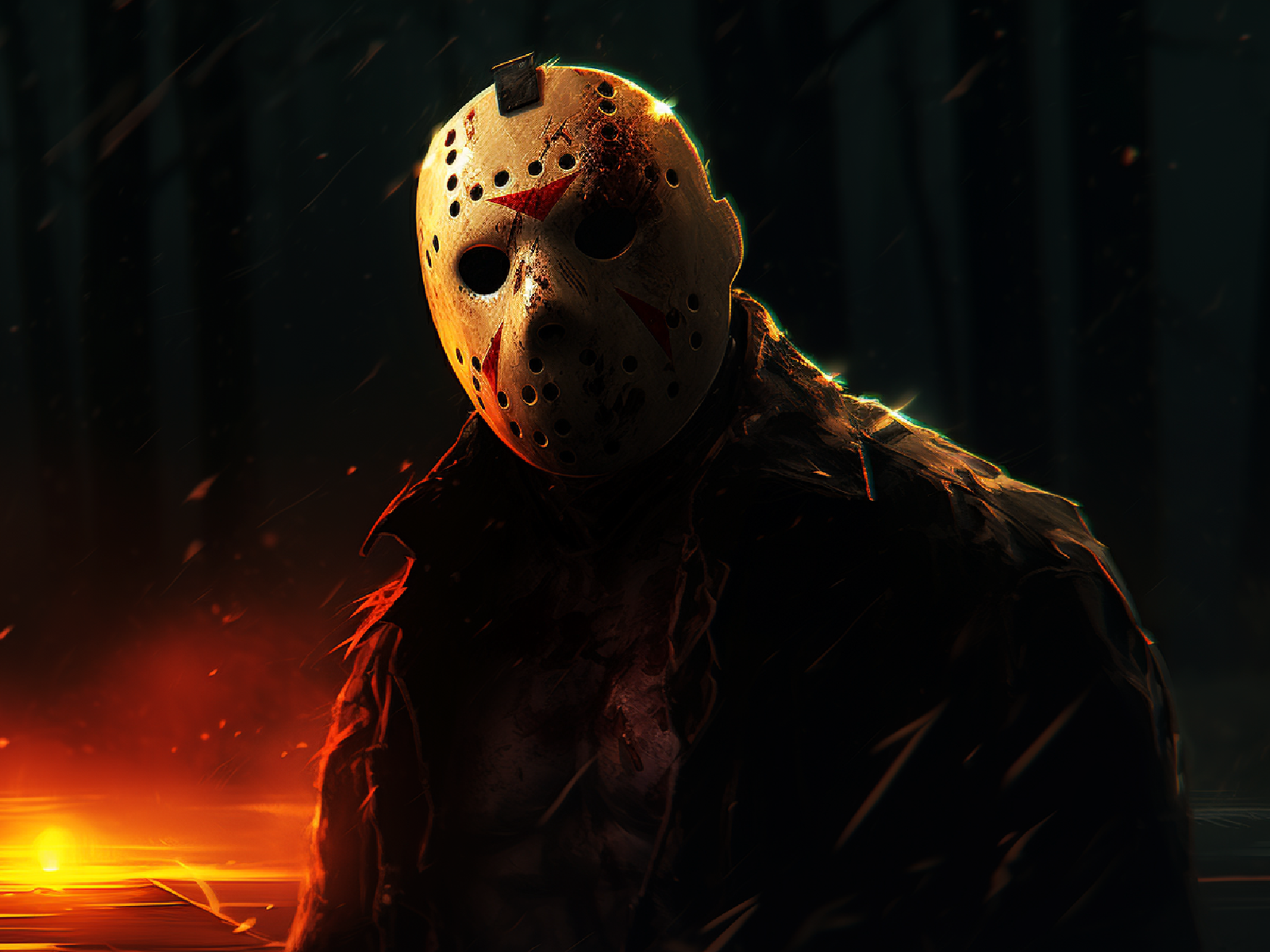
Fear of Friday the 13th was around LONG before this guy.
This fear of the number 13 and Friday the 13th is explicitly entrenched in Western culture and many others. For example, you may notice in some buildings that there is no 13th floor; it just goes from 12 to 14. And who’s to blame them? Many horrible things have happened on Friday the 13th. Here are a couple as an example:
1- German bombing of Buckingham Palace, September 13, 1940.
2- A cyclone killed an estimated 300,000 people in Bangladesh on November 13, 1970.
3- Death of rapper Tupac Shakur, September 13, 1996.
4- Crash of Costa Concordia Cruise ship off of Itlay killing 30 people, January 13, 2012.
5- President Donald Trump declared a national emergency in response to COVID-19 on March 13, 2020.

However, let’s not forget what happened to the Knights Templar, also added to the superstition of Friday the 13th.
Luckily, 2023 only has two Fridays, the 13th; the next is October 13. But many don’t know just how far this phobia goes back in history and how its generation is directly linked to mythology. Now closely associated with slasher killers like Jason Vorhees from horror movies, as well as the darker aspects of our culture’s underbelly, the word ‘Friday’ actually comes from the Norse goddess Frigg (or Frigga), who was the essence of marriage given an avatar form.

Frigga was beautiful, almost as beautiful as Balder.
As the centuries wore on, Frigga would be mostly forgotten as the progenitor for the word Friday, and it slowly became more associated with Freya. When Christianity took over as the ruling form of establishment powers, Norsemen and Germanic tribes were told that Freya had been banished to the mountainous wilderness as a satanic witch. As Christianity gained more and more of a foothold in the minds of the Norse, Friday became the day of the witch’s Sabbath.
A new legend was born. The early Germanic/Norse Christians believed that every Friday of the week, the Devil himself would assemble 12 powerful witches about him and commit heinous acts for his Black Sabbath, with the assembly adding up to 13 evil beings.

Freya is of the Vanir deities that once warred with the Aesir, Odin’s gods of Asgard.
However, there also seems to be some influence from the Roman calendar on the lore of Friday the 13th. The rulers were all about oppressing women during the Middle Ages, and Friday was the day of the Roman goddess of love, Venus. The Norse and Germanic people adopted this calendar and adapted it to fit their own culture with their new Christian paradigm. Venus was the goddess of sex, so she must have been villainous. Frigg and Freya, too, were associated with sexual things, so the male-dominated Middle Ages societies could not have that now, could they? So, all of a sudden, Friday became a day associated with villainy and evil.
This fear of the feminine and Friday coming from Germanic/Norse cultures could have also played a prominent part in the fear of the number 13 itself. Tales of Frigg regularly joining a coven of 12 witches (making the total number 13) were allegedly spread by the Christian Church itself but eventually absorbed into the common folklore of everyday people. Christian legend from the Middle Ages openly said 13 to be an unholy number that signifies the gathering of malevolent forces seeking harm to the human race.
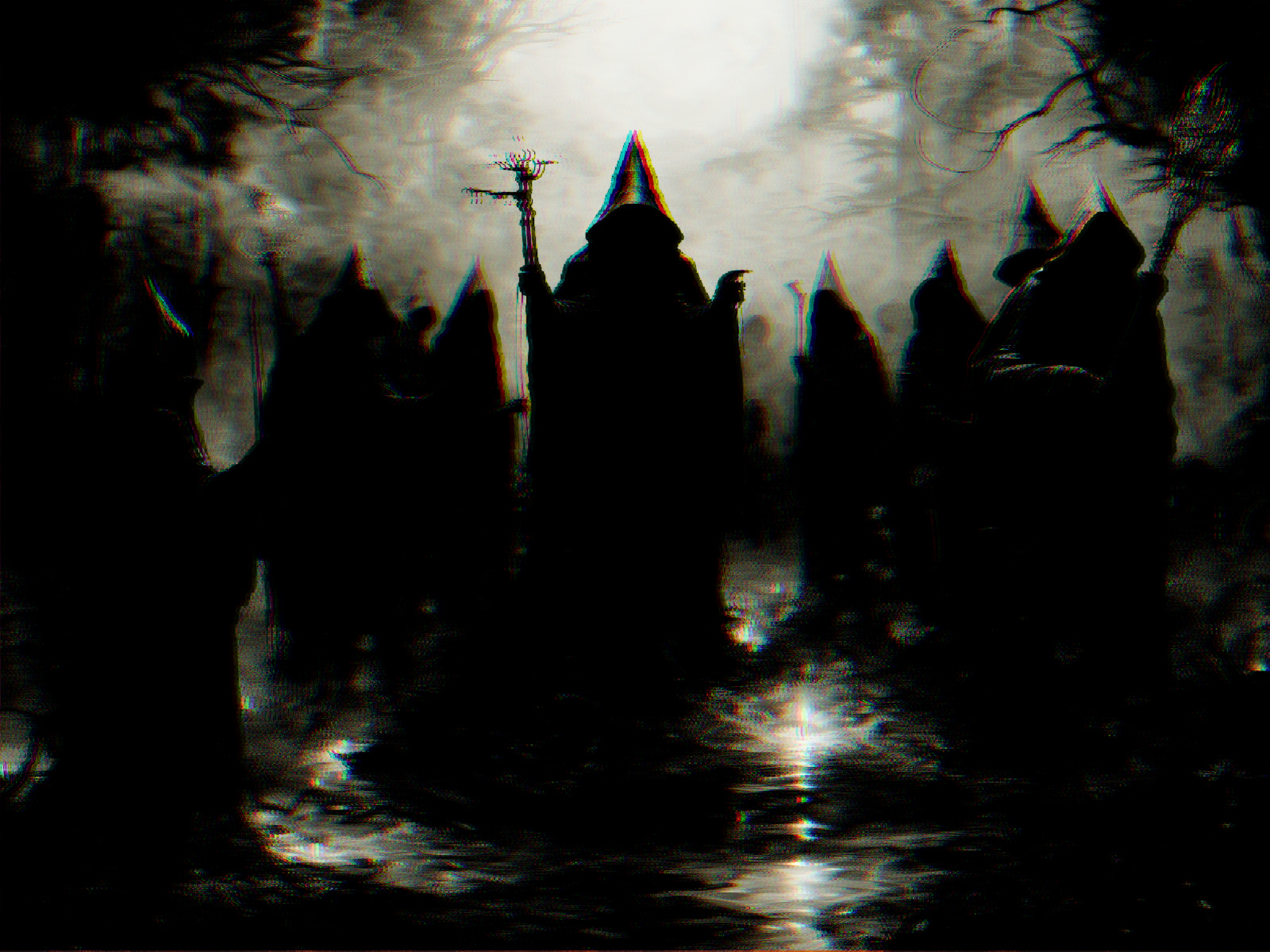
“Oogie boogie!”
This religious propaganda being vomited out by the Catholic Church perfectly synced with the Norse/Germanic culture’s ideas of the number 13 being unlucky because, according to Norse mythology, a party of 13 was responsible for sending the entire world into a state of absolute darkness.
According to the Viking myth, 12 of the most powerful gods in the Norse pantheon were assembled in the realm of Odin, Vallhala, to feast and enjoy a bountiful fellowship worthy of the divine. All was merry and well, with all the prominent and well-known faces representing the gods present and enjoying themselves greatly in the heavenly realm of the Allfather. Though, they were assembled for a dark reason…
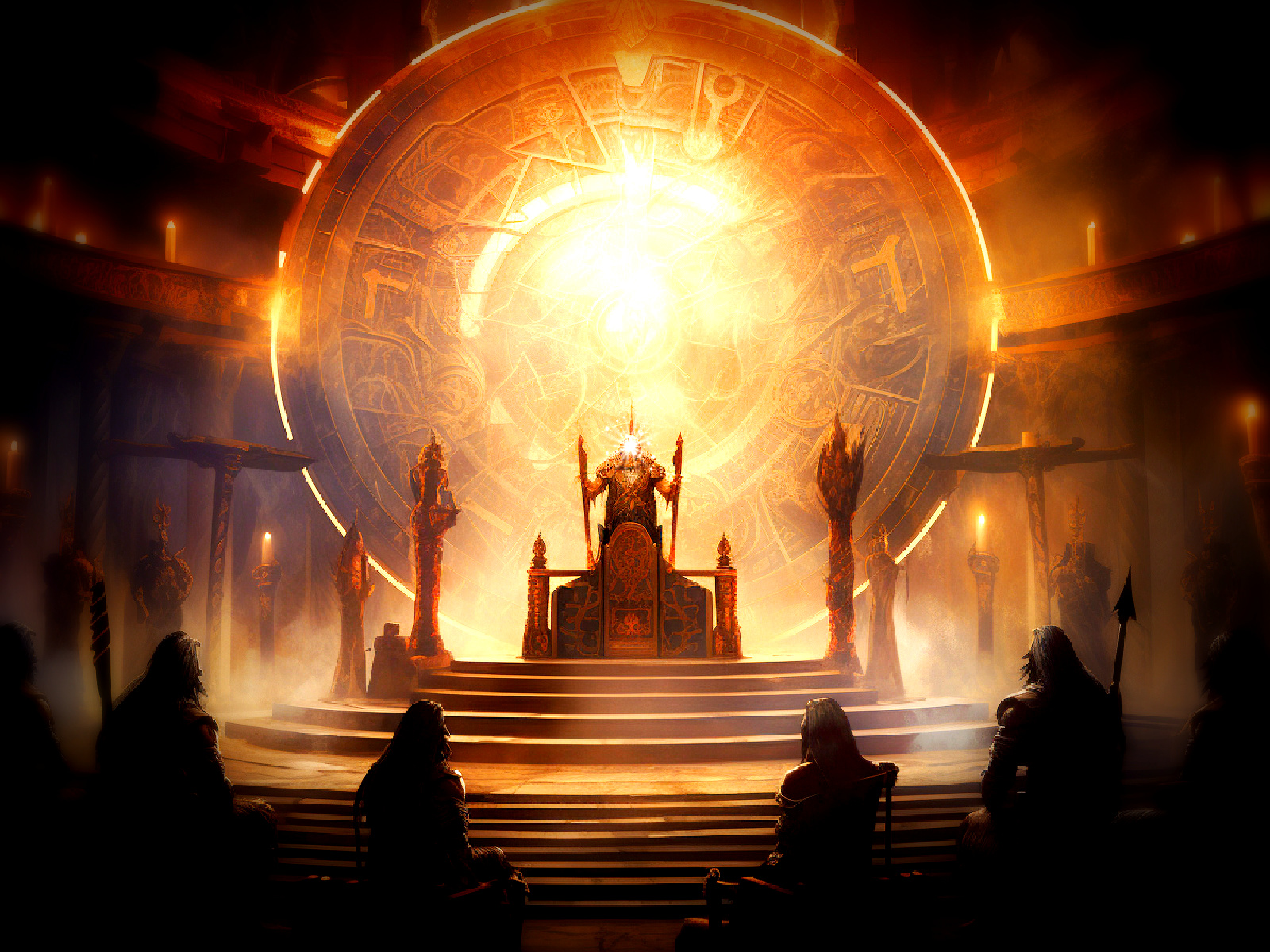
It was not uncommon for the highest-ranking gods to assemble for the Allfather.
All but one… Loki, the god of cunning and trickery, found that he did not receive an invitation to the feast.
Loki was often the companion of Odin or Thor, both the highest and most reverence-inducing deities of the Norse pantheon. So, his absence stands out like a sore thumb. But who knows, during Ragnarok, Loki does go full dark side. However, it is Loki’s lack of an invitation that illuminates the paradigm shift within the rank of the Norse pantheon, and things were never going to go back to the way they were in the good old days of Loki getting wasted with Odin, putting a dress on Thor, and turning into a female horse to get impregnated and afterward give birth to a horrific monster. NOPE, the good old days were over, and the lack of Loki’s presence among the gods blatantly signals this.

In all fairness, SOMEBODY has to start the apocalypse. It might as well be Loki.
Anyway…
In the poem Lokasenna, Loki is depicted flyting with the other gods over this dinner party. If you don’t know what flyting means, it means counter-boasting, like a contest of exchanging insults between two groups that are often depicted in verses or rhymes. Odin was well-known for ONLY speaking in rhymes. Yes, the Norse gods were the original rappers.
Loki walks up to where the gods are assembled and discovers Eldir outside the hall guarding the entrance. He asks what the gods are talking about, and Eldir says they are talking about the prowess and power they possess, both in war and out. Loki asks if they had anything good to say about Loki, to which Eldir says none had anything kind to say about Loki, and Loki was not invited.

“Everyone says you suck Loki.” -Eldir
Loki does not like this response and says that before the end of the gathering, he will inject discord among the gods and “mix their mead with malice.” Loki then moves past Eldir and enters the feast uninvited. When he entered, the number of the gods in the room went from 12 to 13. The chatting gods all fell silent when they noticed he’d joined their fellowship.
Loki broke the silence, saying that, thirsty, he had come to these halls from a long way away to ask the gods for a drink of “the famous mead.” Calling the gods arrogant, Loki asks why they cannot speak and demands that they assign him a seat and a place at the feast or tell him to leave, making the whole situation very uncomfortable; I’m sure we’ve all been there.

Bragi wasn’t having none of that.
The skaldic god Bragi responds to Loki caustically by telling him that Loki will not have a seat and place assigned to him by the gods at the feast, for the gods know what men they should invite. Loki does not respond to Bragi directly but instead directs his attention to Odin and states:
“Do you remember, Odin, when in bygone days we mixed our blood together? You said you would never drink ale unless it were brought to both of us.”
Odin then asks his son Vioarr to stand up and give Loki his seat so that he may join the gathering. But Loki does not drink right away; instead, he declares a toast to the glory of all the gods, except he specifically leaves out Bragi from the toast, and the god of poetry is greatly insulted by this jest.
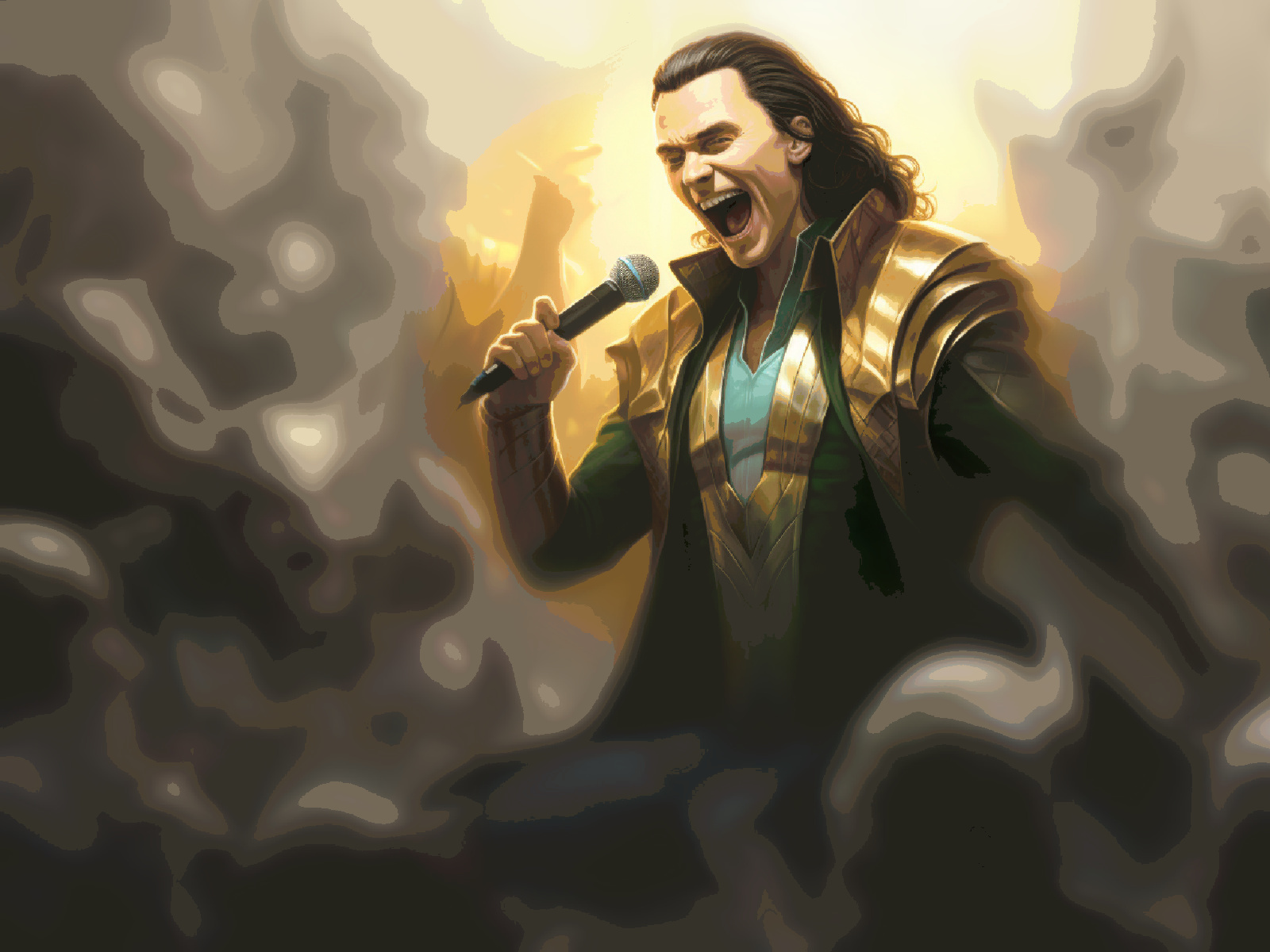
It was well-known among the ancient Vikings that few could match Loki in an impromptu rap battle.
Bragi responds by offering Loki a sword, horse, and valuable ring from his own possessions as long as he does not repay the gods with hatred. Loki responds by declaring Bragi will always be short of loot and spoils, so he will not have any to share with Loki because Bragi is “wary of war,” and “shy of shooting.”
Sick burn.
And for some reason, this really pisses off Bragi, and he tells Loki that if they were outside the hall, he’d be holding Loki’s decapitated head as payment for his lies. Loki then calls Bragi a bench ornament and says that he is brave when seated but would run away in an instant if actually troubled or threatened with harm.

One of Loki’s children is Jörmungandr, the World Serpent that literally is so unfathomably large its entire body encircles Midgard (the Earth), and during Ragnarok, Jörmungandr is destined to fight Thor to the death.
The flyting continues, and more and more of the gods join in the rap battle. But it doesn’t matter; Loki completely destroys all the gods but Odin with his verses and rhymes, making them all insecure and revealing their failures to all at the assembly.
Njord is the only one that comes close to matching Loki’s hot fire. But after tellin Njord to be silent, he completely rips him a new one as well, reminding him how he was once a hostage during the Aesir-Vanir War and that the daughters of Hymir once used Njord as a piss pot, urinating in his mouth (which is an untested comment by the other gods meaning they totally did that to Njord when he was a prisoner).
So Njord also gets wrecked.

Another of Loki’s children was Sleipnir, who he himself gave birth to after shapeshifting into a female horse and getting impregnated by a male horse. Sleipnir would go on to become Odin’s personal steed and had supernatural powers to travel between realms and with immense speed over both land and water.
He then talks about how Freyr, Njord’s son, will probably turn out worse than his piss-drinking father, but Tyr, the god of war, interjects and defends Freyr.
Loki then tells Tyr to shut up because it was Loki’s son, the great wolf Fenryr, who bit off Tyr’s hand, and that’s why he has a stub. Tyr responds by saying yea, he lost a hand, but Loki lost a wolf, and the situation only brought trouble to them both. But Loki tells Tyr to be silent a second time and says that he impregnated Tyr’s wife and that one of his sons is actually Loki’s, which no one in the room denies.
Tyr needs some ointment for that burn.
But yeah, basically, Loki annihilates any who try to talk shit to him, and he instills malice and conflict among the gods by all his shit-talking. Eventually, Thor takes him away, but the deed is done, and discord is spread among the pantheon.
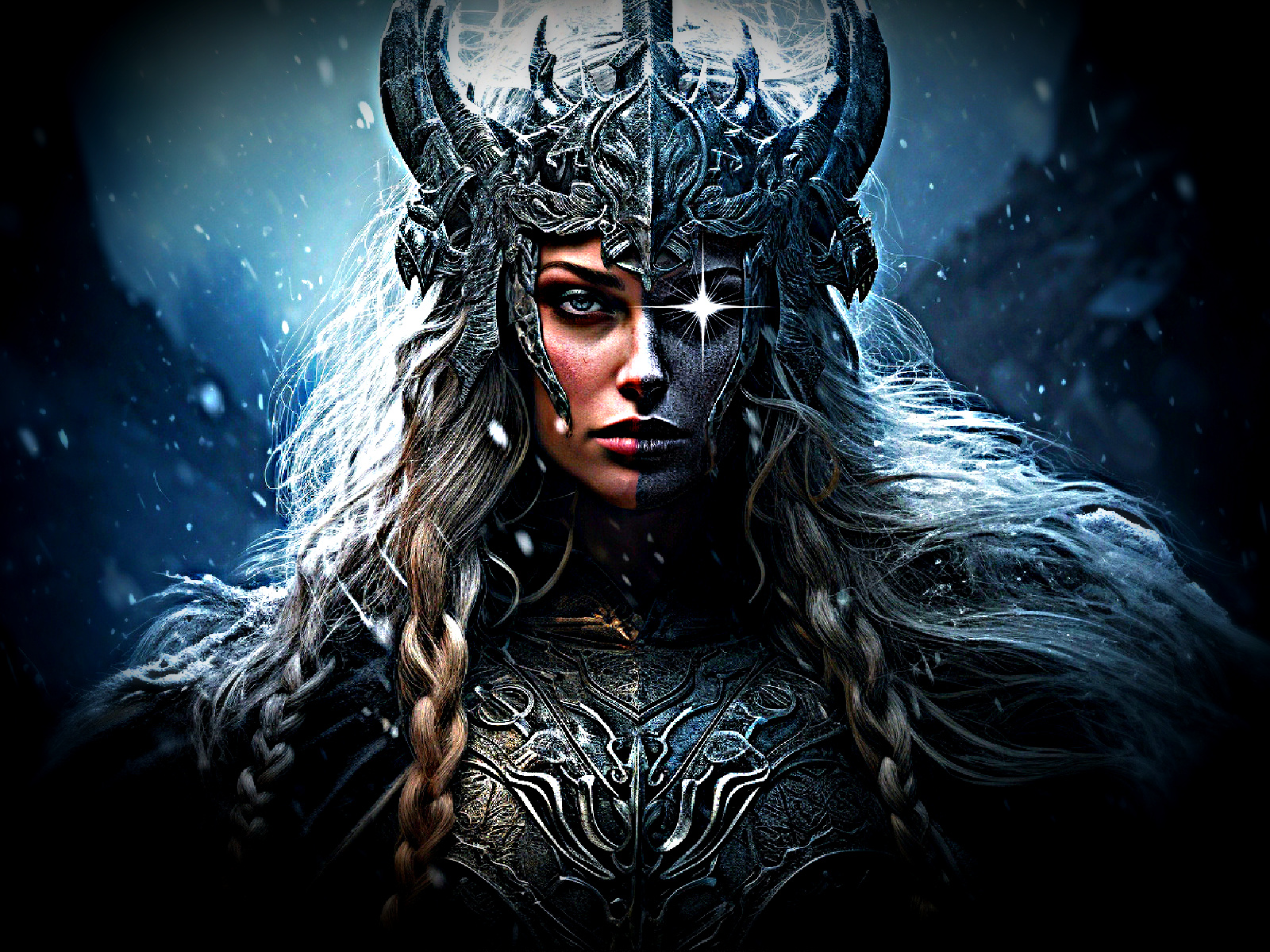
Another of Loki’s children is the goddess Hel, the ruler of one of the Norse underworlds, Helheim.
Thor is pretty pissed, too, and says:
“Loki has done his last evil deed,” shouted Thor the Thunderer as he lifted his mighty hammer. “Come, my brothers,” Thor fired, “We have wept long enough. It is now time to punish!”
However, before he leaves Loki has one last burn and says:
“Ale you brewed, Ægir, and you will never again hold a feast; all your possessions which are here inside—may flame play over them, and may your back be burnt!”
Moral of the story: don’t purposely not invite the god of cunning and trickery to a party while inviting all the other famous and prominent gods. Also, don’t have rap battles with Loki; he knows all your dirty laundry.
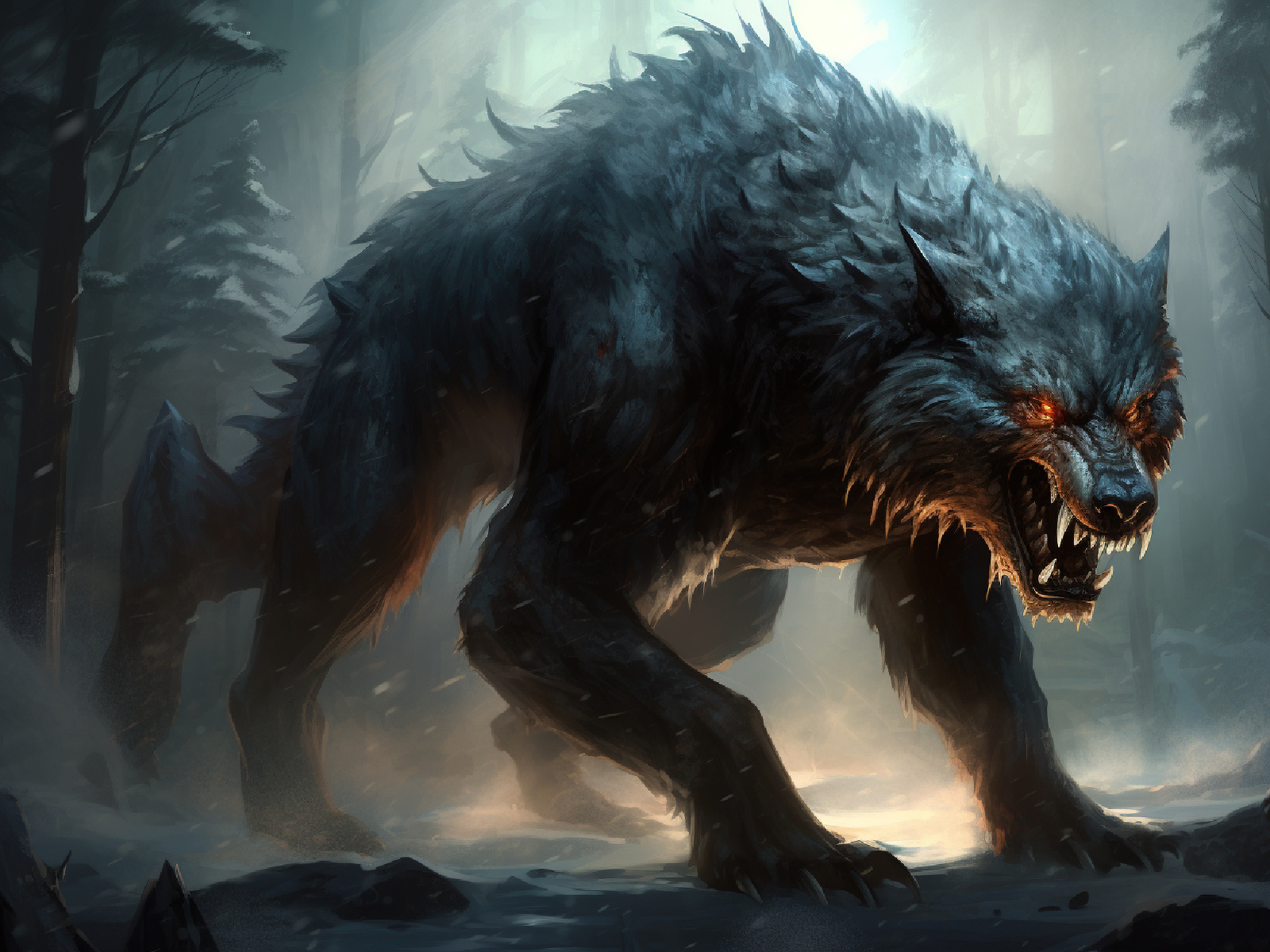
The last of Loki’s children is Fenrir, a super giant huge monster wolf. OH, also, he bit the hand off of Tyr, the god of war.
But what was this party about, and why does it represent a negative view of Friday and the number 13? Well, the party was about honoring the memory of Balder, the god of Joy and happiness. Balder was immortal beyond immortal to the point even the gods could not harm him, and he was beloved by all, mortals and gods alike.
Before crashing the party, Loki arranged for the god of darkness, Hod, to accidentally shoot Balder with a mistletoe-tipped arrow (Balder’s one weakness). The death of Balder sends Midgard and Valhalla into darkness, with all living beings consumed in overwhelming lament and sorrow.
Dick move Loki.
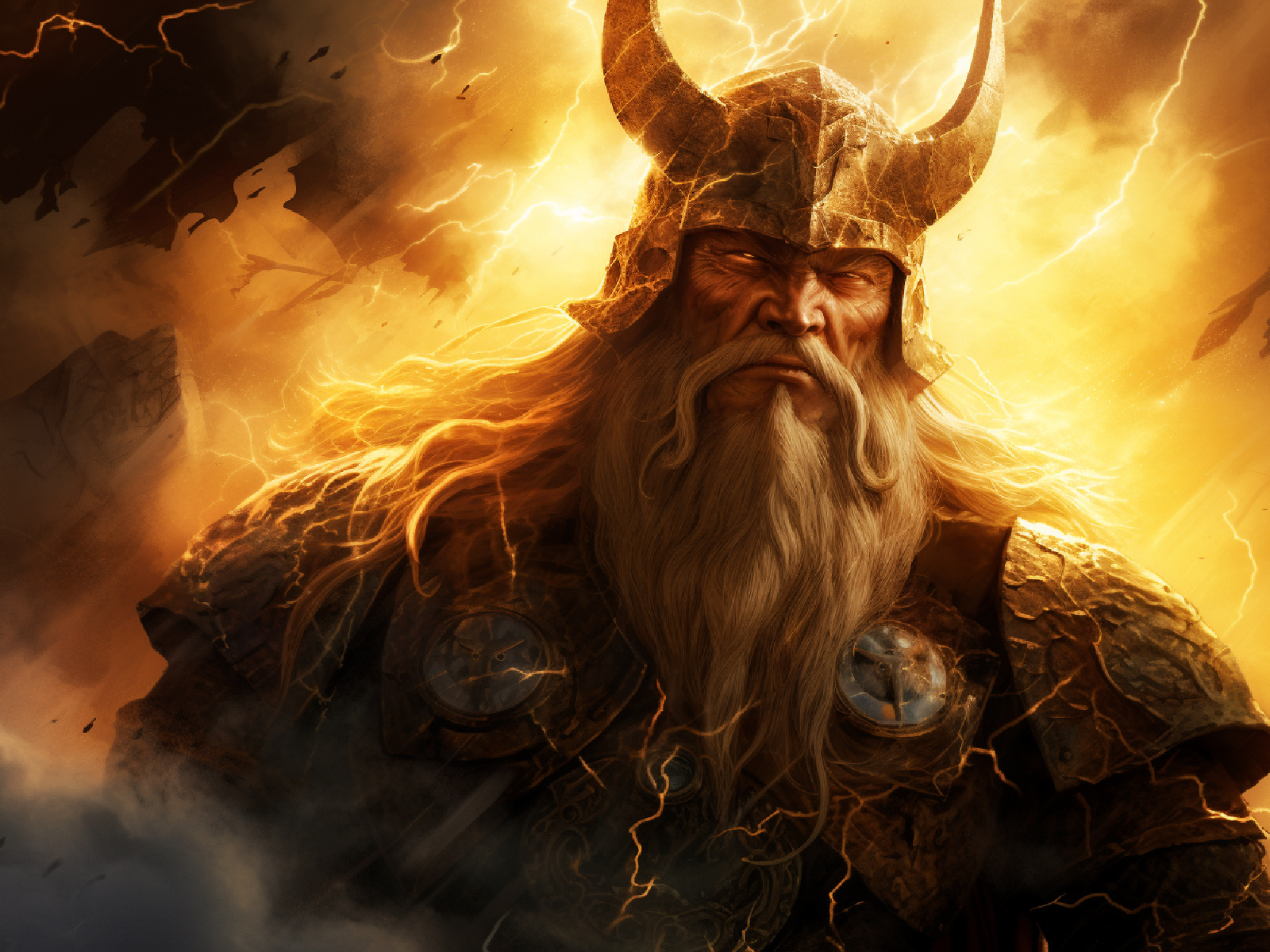
Thor and Loki are depicted as being close companions throughout the Sagas, so it truly is a tragedy to see this horrible ending to their relationship.
But it makes sense he was not invited to the party. But what this tale meant to the Vikings was the loss of a world where joy and happiness were balanced with the darker aspects of existence. The death of Balder was very symbolic because he embodied beauty and good in the world. Loki entering as the 13th guest to dishonor Balder’s party symbolized that evil took permanent root in Norse civilization and spread throughout Europe and the world to all of Midgard. This party is a metaphor for the inherent nature of evil in the world, represented by the 13th guest at the party.
Baldur was the most beautiful of all the gods in all the realms. He was the son of Frigga, Queen of the Pantheon. Balder embodied all that is light in the world; he was wise, fair, and gentle, and wherever he went, he filled those who were around him or just saw him with potent happiness. His goodness spread throughout the realms, keeping the shadow in balance. Balder was easily the favorite child of his parents and the favorite companion of all the gods without question.
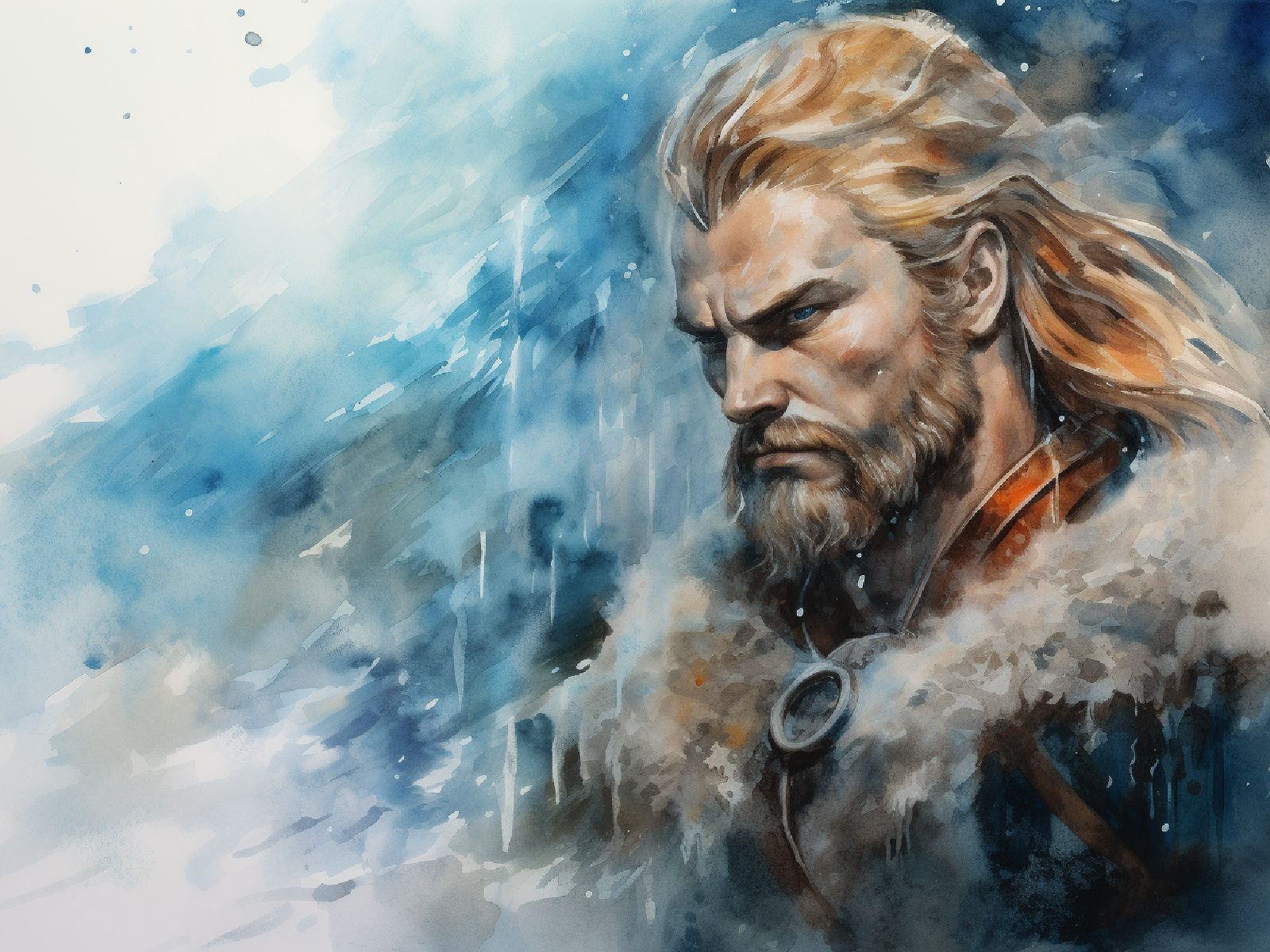
The mythological symbolic death of Balder is what allowed the ancient Norse to make sense of all the evil and violence they saw in the world during their era of history, which was indeed abundantly more pronounced than in other historical ages. Death was as common as the wind.
Before his death, Baldur had three dreams that troubled him greatly, with each one more harrowing than the last. The third dream had Balder in darkness and utter loneliness. Out of the darkness, he heard a voice filled with sorrow scream, “The sun is gone! The spring is gone! Joy is gone! For Balder, the beautiful is dead!”
Those who loved him were greatly burdened by this seeming prophecy. They discovered a way to make Balder all but invulnerable. However, there was one weakness concerning mistletoe, which Loki exploited to bring about Balder’s death.
But Loki would pay for his crimes not long after, for the darkest hour of the gods approached with the beginning of Ragnarok. The god of cunning and trickery was forcefully removed from the gathering of gods honoring Balder’s memory, and all vowed he would pay for the crimes he’d enacted upon the realms.
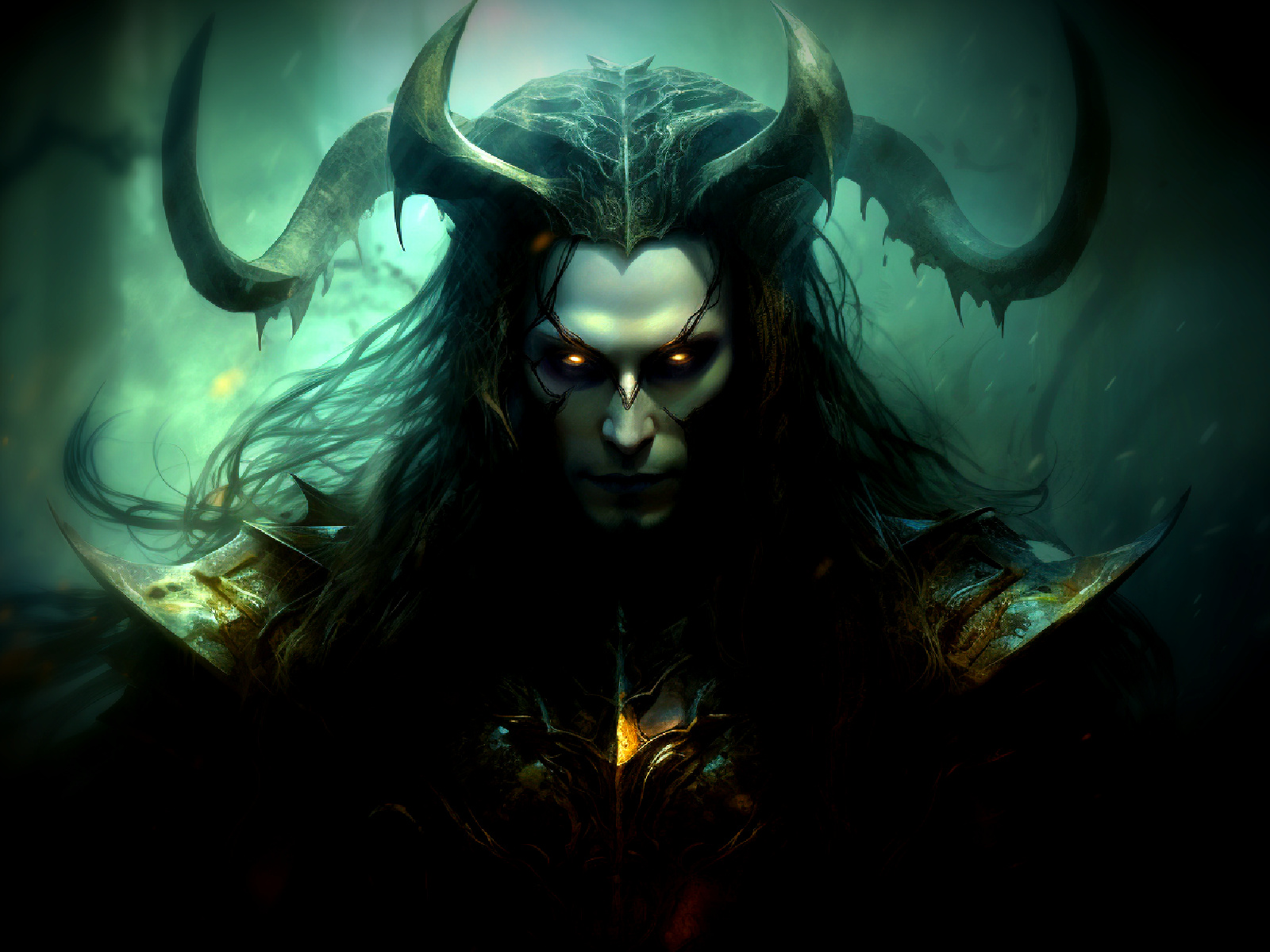
The closer Ragnarok approaches, the more malevolent Loki becomes. But if not he, then who?
However, Thor or the other gods did not kill him for making evil a permanent aspect of the realms. Odin chose to punish Loki with a fate far worse than death. The Allfather imprisoned Loki in a lightless cave deep in the earth, where he placed the god on sharp stones and bound him there. His bindings cut into his skin and were very painful. Above him hung an extremely venomous snake that dripped excruciating poison onto Loki’s face.
The god of mischief had thrown the world into darkness without Balder, and it is this feast in remembrance of Balder that Loki ruins by being the 13th guest. This tale symbolizes the dark fate humanity is destined to endure when incarnated in Midgard, and the ancient Norse/Germanic people took 13 guests at dinner being bad luck VERY seriously.
I was surprised when looking at all the different versions people have associated Norse mythology with unlucky 13 that so many got the story wrong. If you just do a basic search, it will say that Loki arrival at the party caused the death of Balder.
This is wholly inaccurate.
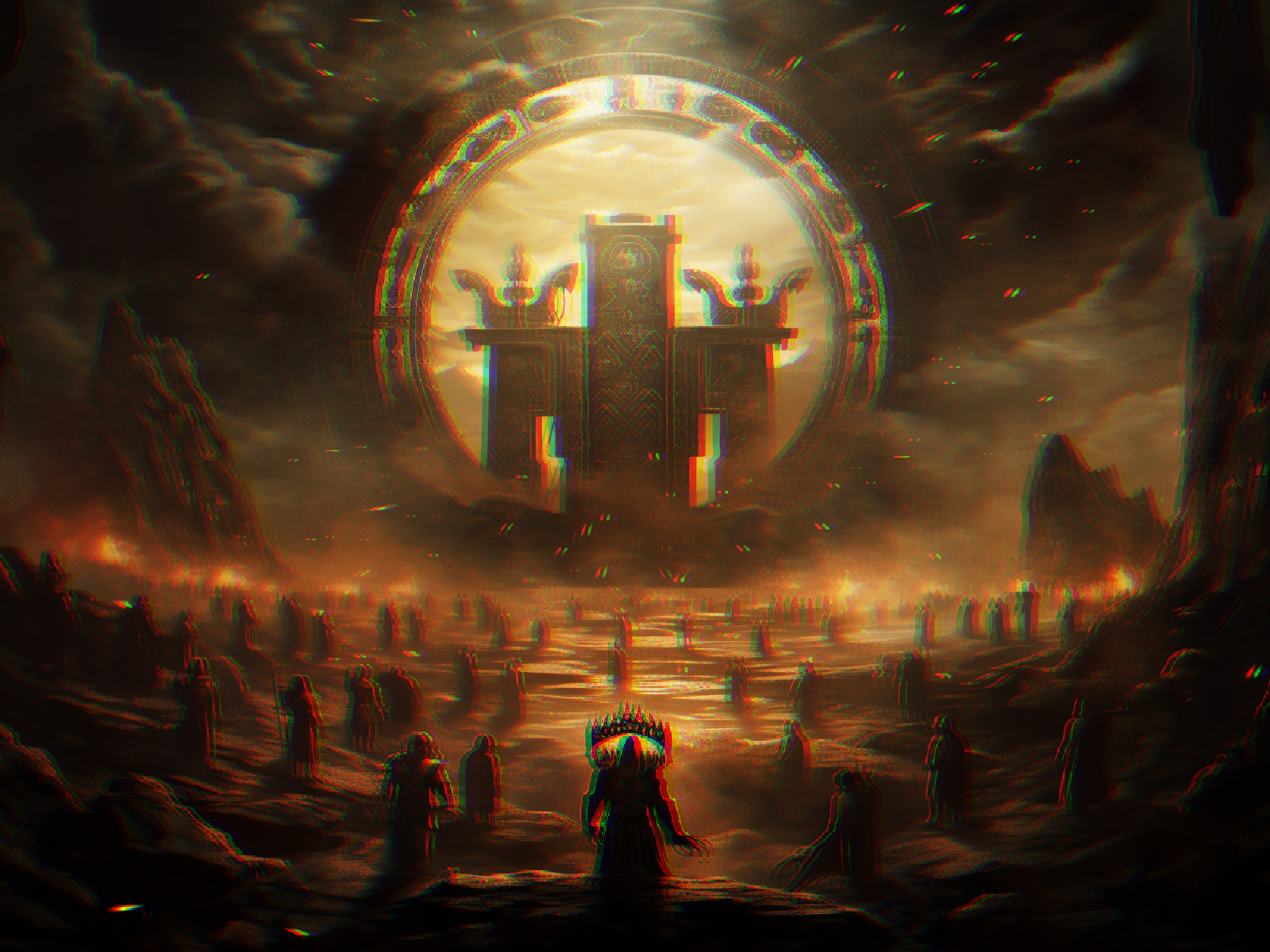
The halls of Valhalla, where the brave may live forever…
All you have to do is actually read the poem Lokasenna, and it’s apparent Balder has already died, and the gathering is in his honor. Loki shows up at a party celebrating a person he killed they all loved, and he knows they know he killed him. So look at the giant steel nuts on Loki.
The symbolism in the poem is important, what it represented to the ancient people of the Norse. It is not the act of killing Balder; it is what the world lost by his death. And the way they looked at it perfectly represented the coming violence and chaos of the Dark Ages/early Middle Ages. Death was as common as breathing. All because of the 13th guest and the untimely demise of Balder the Beautiful.
So, as you can see, there are many ways that modern Friday the 13th superstition, as the day being unlucky, was influenced by Germanic/Norse culture, not only by the era of Christianity but before it as well. The tale of Loki crashing the party is somewhat reminiscent of the Last Supper, but the superstition is the same: that having a group of 13 at a dinner party is bad luck.


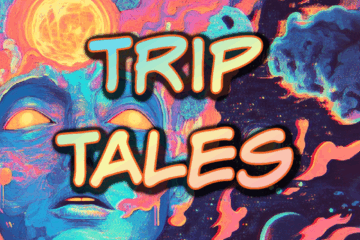
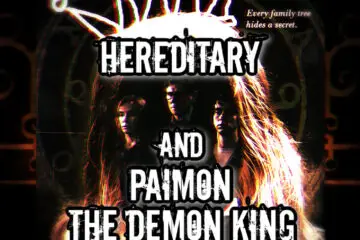
0 Comments